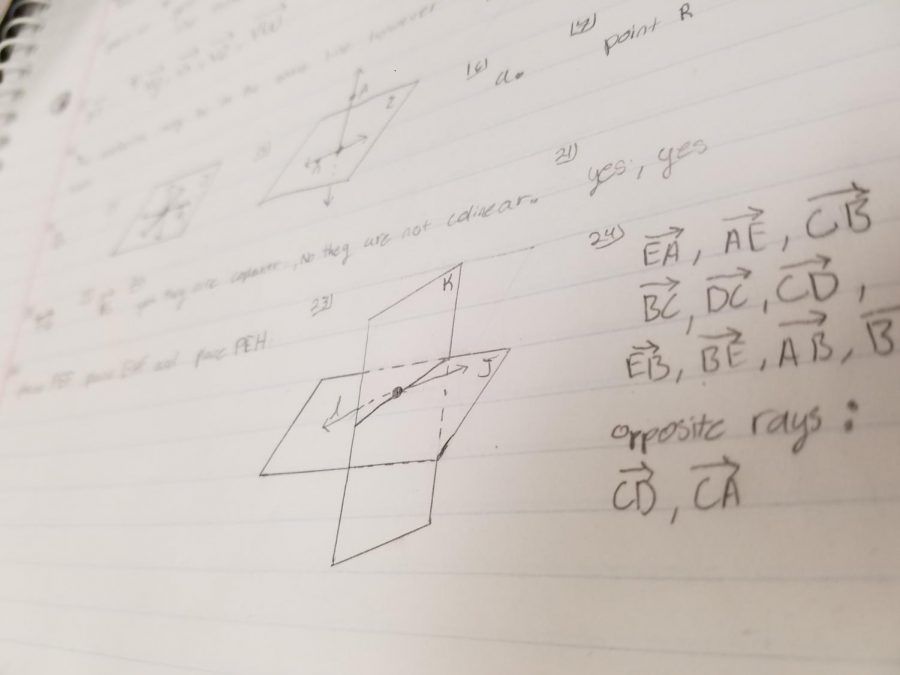Are Midterms Beneficial to Students?
December 12, 2018
It is currently 8 o’clock p.m. on Sunday night. You are desperately flipping through your notes for the Chapter one notes you took first quarter in math class. The midterm is tomorrow and you have all night to study every page of notes you have taken 1st and 2nd quarter so that you will get an A. Does this situation sound familiar?
Midterms are something every student has had since they have started school. They tend to sneak up on students in the midst of the holiday chaos. Often times, students are so busy during the months of November and December that they do not even have time to study for a Midterm. How can a midterm be a good way to test a students knowledge if they do not even prepare for it anyways?
Midterms are said to provide a simulation for what college will be like. This is true, but most of the kids smart enough to be going to colleges end up exempting their midterms. They figure: if I have good grades and can exempt the midterm, why risk failing it? The scores on the midterms are often inaccurate in the case of showing how well a student in doing in that subject, especially since most students, specifically 9th graders, are still adjusting to high school. According to Washington D.C. psychoanalyst Dr. Linda Stern, “Students entering high school—just at the time brains are in flux—still have the propensity to be impulsive and are prone to making mistakes.” It is ineffective and unfair to make a midterm worth so much of the Semester grade.
However, midterms do have the potential to make your grade better. Students who receive two Cs in their classes and then have an A on the midterm will overall have a B. What students are not told is if they have two As and, by some chance, get a C, D, or F on their midterm, their semester grade will still average out as a B. If students were more informed on midterms and had more time to prepare, midterms could be a good way to prepare students for later in life.



